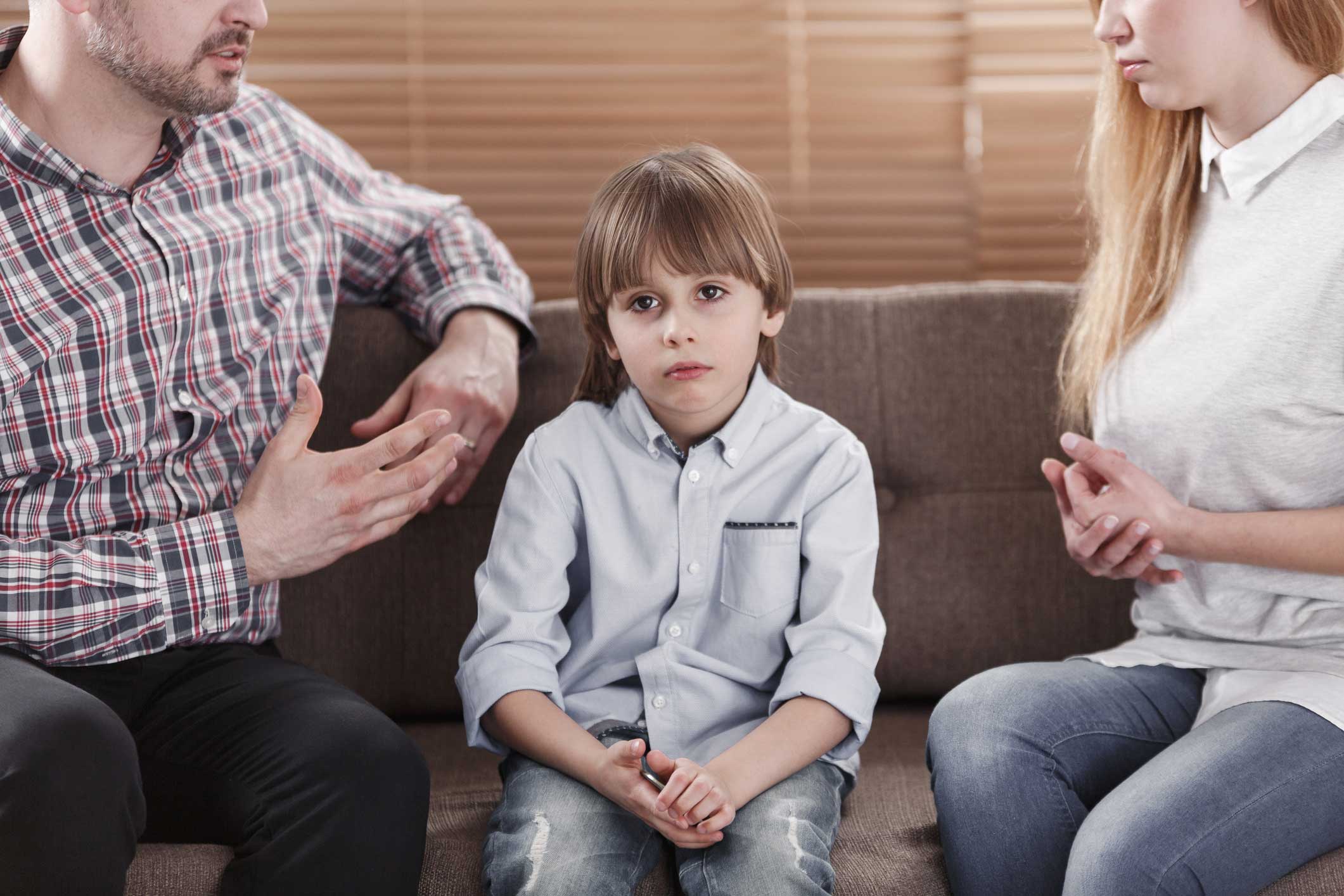Managing Anger Issues in Children: Top Strategies
To manage anger issues in children, start by identifying triggers with parental involvement and therapy support. Teach emotional regulation through breathing exercises and recognizing emotions. Encourage positive coping methods like mindfulness and expressing feelings constructively. Establish clear boundaries aligned with family values and maintain consistency. Practice relaxation techniques such as deep breathing and visualization for calmness. If anger problems persist, seek help from…










